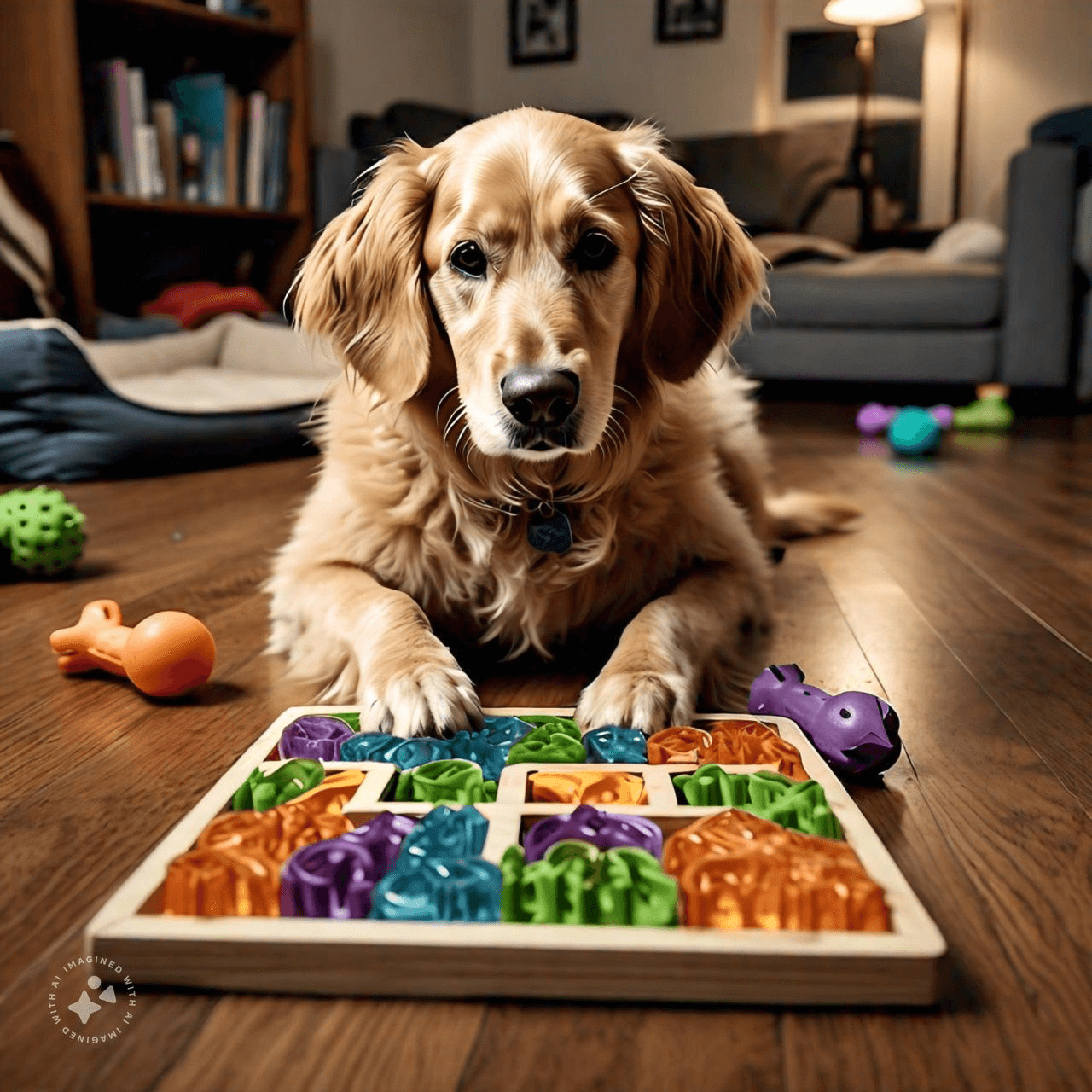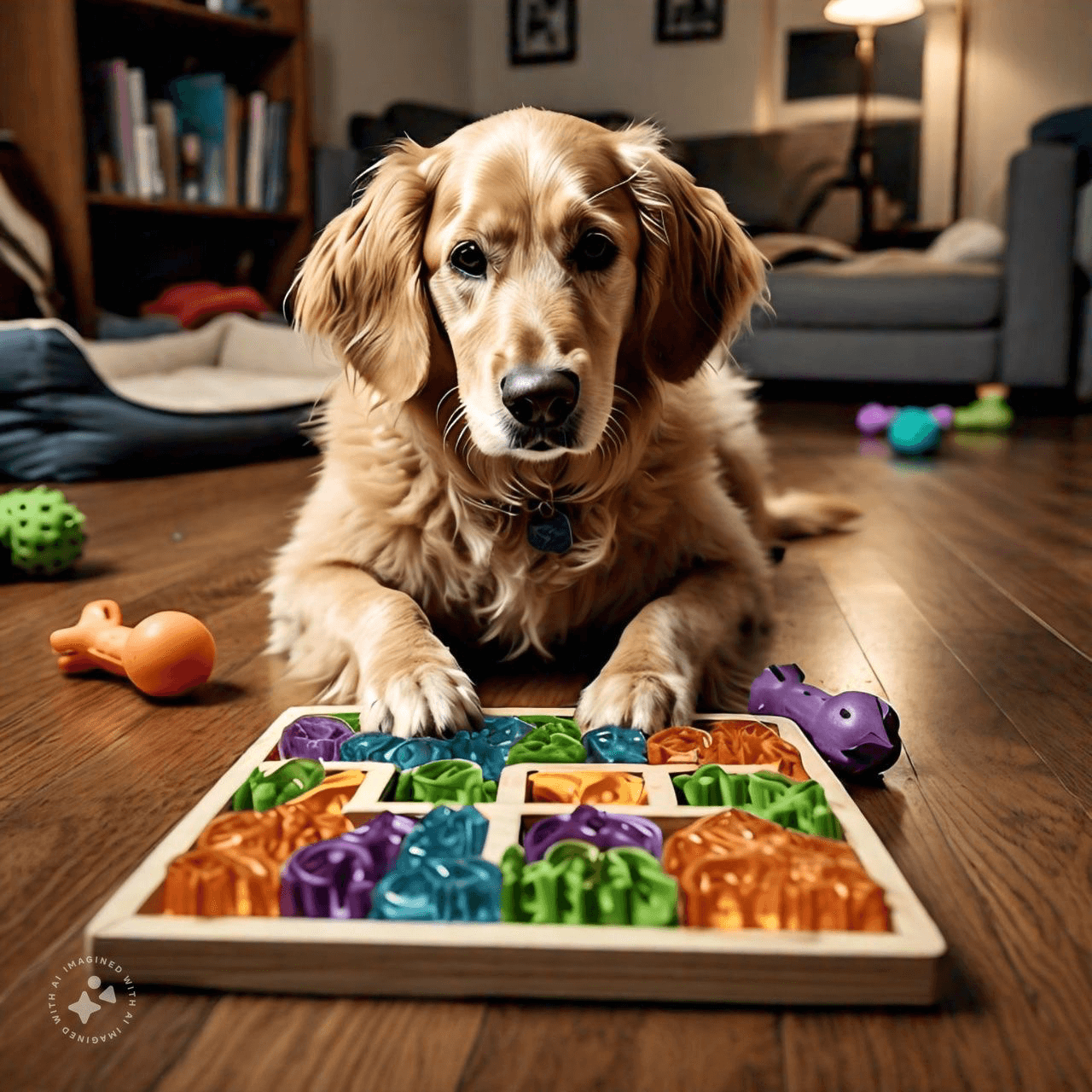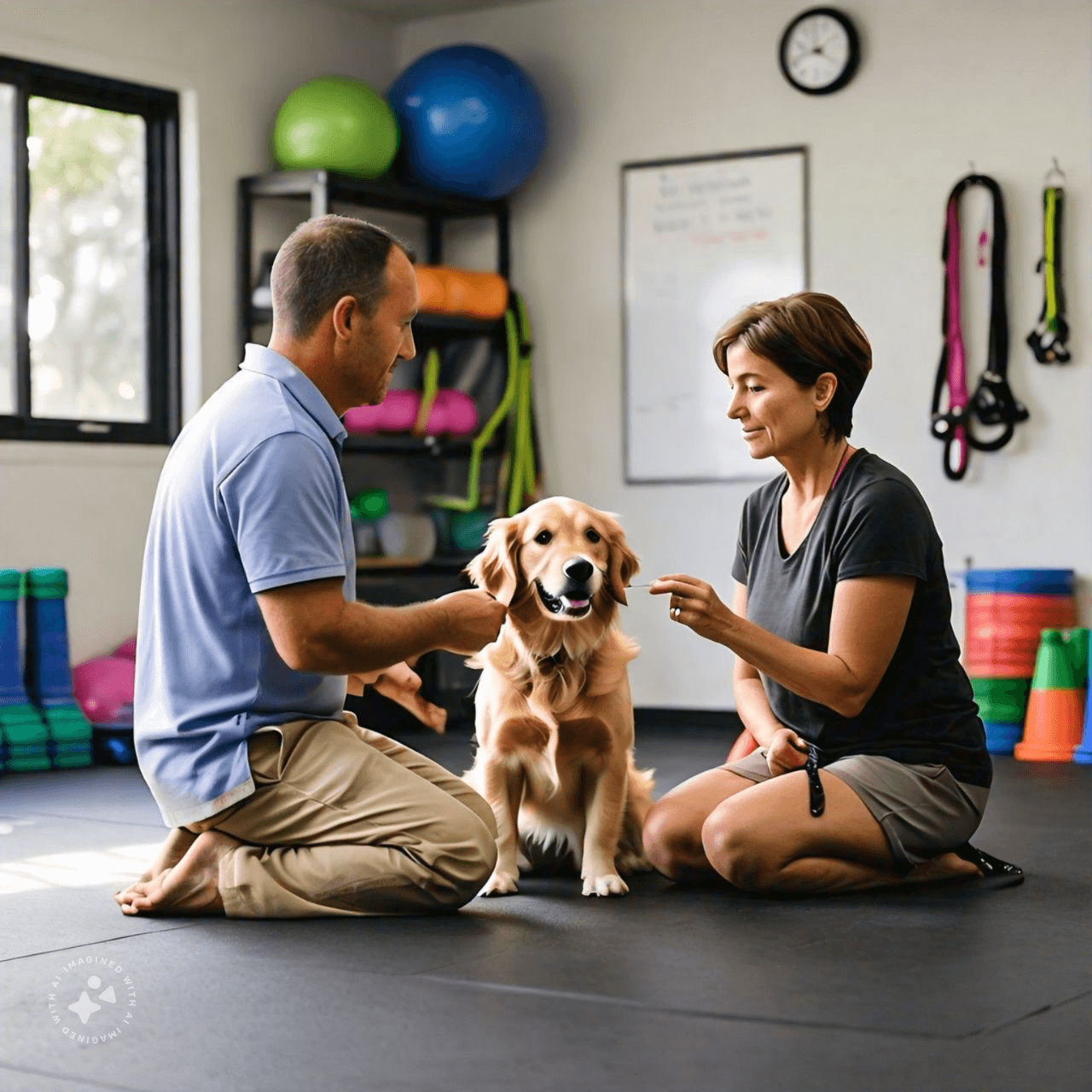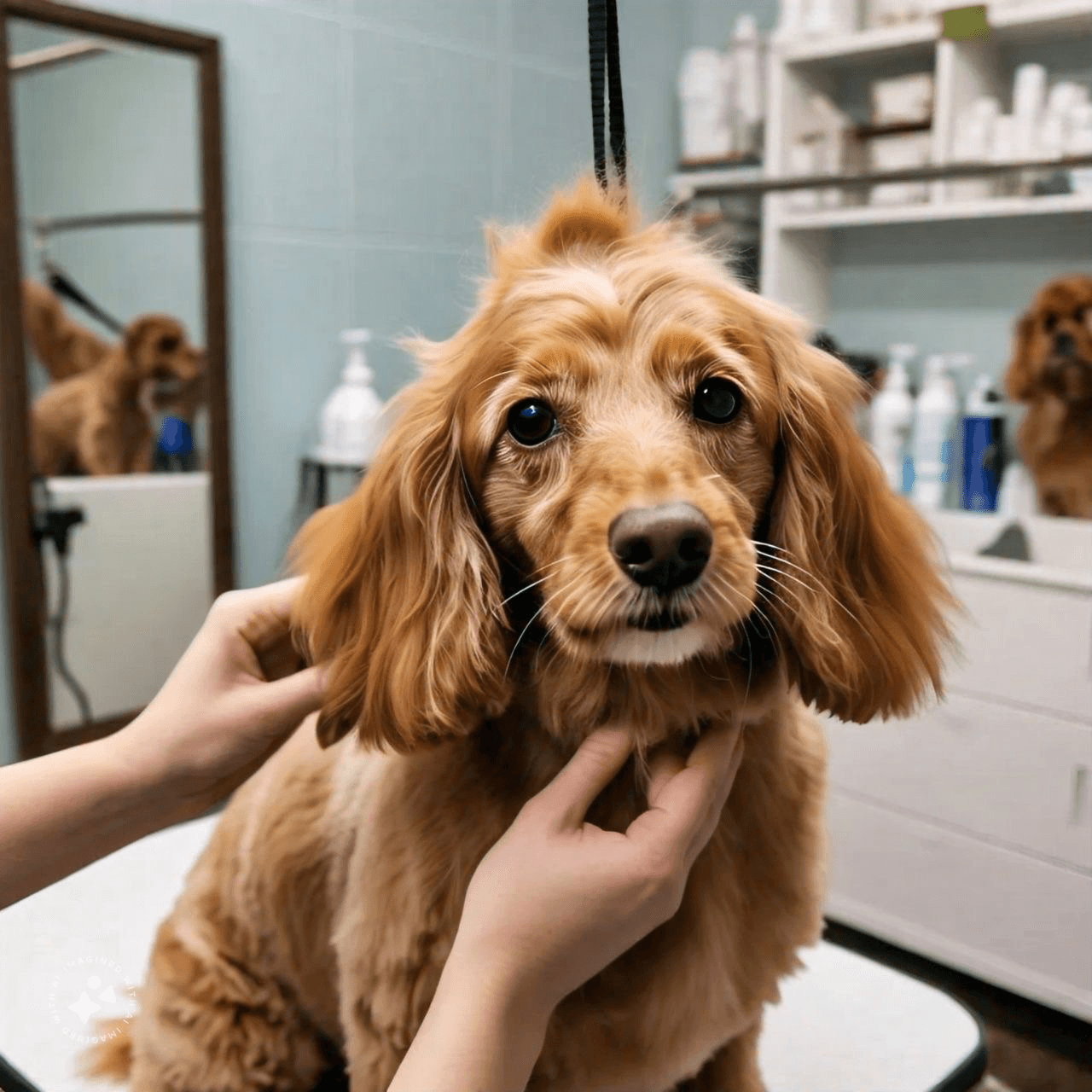
Blog
August 22, 2024
Beyond the Cuddles: Tackling the Toughest Parts of Pet Ownership

Blog
August 22, 2024
Beyond the Cuddles: Tackling the Toughest Parts of Pet Ownership
Adopting a pet is one of life’s greatest joys, but it’s not without its challenges. While the cuddles, playful moments, and companionship are priceless, there are some tough realities that every pet owner faces. Here’s a candid look at the most common struggles and how to tackle them head-on.
1. Separation Anxiety: The Struggle of Leaving Your Pet at Home
Many pets, especially dogs, experience separation anxiety when left alone. This can lead to destructive behaviour, excessive barking, or even accidents in the house. The emotional toll on both the pet and the owner can be significant.
Solution: Start by gradually increasing the time your pet spends alone, beginning with short intervals and slowly building up. Interactive toys, puzzle feeders, and background noise (like leaving the TV or radio on) can help keep your pet occupied. In severe cases, consult with a veterinarian or a pet behaviourist who can guide you through specialised training or recommend anxiety-reducing products.

"Keeping anxiety at bay, one puzzle at a time."
2. The Financial Burden: Unexpected Costs of Pet Ownership
Veterinary bills, grooming, high-quality food, and even emergency care can add up quickly. Many new pet owners underestimate the long-term financial commitment required to properly care for a pet.
Solution: Create a pet-specific budget and include a savings fund for emergencies. Research pet insurance options to help cover unexpected veterinary costs. Additionally, consider DIY grooming and making homemade treats as cost-saving measures. Regular preventive care, like vaccinations and dental cleanings, can also reduce the likelihood of expensive health issues down the road.

"Planning ahead for peace of mind."
3. Behavioural Issues: Addressing Aggression and Fear
Some pets, especially rescues, may come with behavioural issues like aggression, fearfulness, or excessive barking. These behaviours can strain the human-animal bond and make social situations challenging.
Solution: Understanding the root cause is key. Consult with a professional trainer who specialises in positive reinforcement techniques. Training classes can also be a great way to socialise your pet in a controlled environment. Be patient and consistent with training, and avoid punishment-based methods, which can exacerbate fear and aggression.

"Turning challenges into opportunities for growth."
4. Pet Allergies: When Love Makes You Sneeze
Discovering that someone in the household is allergic to your new pet can be heartbreaking. Allergies can manifest in various ways, from mild sneezing to more severe respiratory issues.
Solution: Regular grooming and frequent cleaning (especially vacuuming) can reduce allergens. Create pet-free zones in the house, particularly in bedrooms. Air purifiers with HEPA filters can also help. In some cases, allergy medications or immunotherapy may be necessary—consult with an allergist to explore options.

"Less dander, more love."
5. Time Management: Balancing Pet Care with a Busy Life
Juggling work, family, and social life while caring for a pet can be overwhelming. Pets require daily exercise, mental stimulation, and attention, which can be difficult to provide consistently with a busy schedule.
Solution: Incorporate pet care into your daily routine by combining it with other activities, like taking your dog for a run or doing a workout at home that involves your pet. For days when you’re particularly stretched, consider dog walkers, pet sitters, or even doggy daycare as options. Planning and consistency are key—set aside dedicated time each day for your pet, even if it’s just 15 minutes of playtime.

"Making time for what matters most."
6. Coping with Loss: Dealing with the Emotional Impact of Losing a Pet
Losing a pet is one of the hardest parts of being a pet parent. The grief can be profound and often underestimated by those who have never had a pet.
Solution: Allow yourself to grieve and seek support from friends, family, or even pet loss support groups. Memorialising your pet through a special ritual, like planting a tree or creating a photo album, can help in the healing process. Remember, it's okay to feel the loss deeply—pets are family.

"Honouring the memory of a loyal friend."
Pet ownership is a journey filled with ups and downs, joys and challenges. While the challenges are real, they’re also manageable with the right tools, knowledge, and support. By understanding and preparing for these issues, you can create a fulfilling and lasting bond with your pet, making every moment together worthwhile.
1. Separation Anxiety: The Struggle of Leaving Your Pet at Home
Many pets, especially dogs, experience separation anxiety when left alone. This can lead to destructive behaviour, excessive barking, or even accidents in the house. The emotional toll on both the pet and the owner can be significant.
Solution: Start by gradually increasing the time your pet spends alone, beginning with short intervals and slowly building up. Interactive toys, puzzle feeders, and background noise (like leaving the TV or radio on) can help keep your pet occupied. In severe cases, consult with a veterinarian or a pet behaviourist who can guide you through specialised training or recommend anxiety-reducing products.

"Keeping anxiety at bay, one puzzle at a time."
2. The Financial Burden: Unexpected Costs of Pet Ownership
Veterinary bills, grooming, high-quality food, and even emergency care can add up quickly. Many new pet owners underestimate the long-term financial commitment required to properly care for a pet.
Solution: Create a pet-specific budget and include a savings fund for emergencies. Research pet insurance options to help cover unexpected veterinary costs. Additionally, consider DIY grooming and making homemade treats as cost-saving measures. Regular preventive care, like vaccinations and dental cleanings, can also reduce the likelihood of expensive health issues down the road.

"Planning ahead for peace of mind."
3. Behavioural Issues: Addressing Aggression and Fear
Some pets, especially rescues, may come with behavioural issues like aggression, fearfulness, or excessive barking. These behaviours can strain the human-animal bond and make social situations challenging.
Solution: Understanding the root cause is key. Consult with a professional trainer who specialises in positive reinforcement techniques. Training classes can also be a great way to socialise your pet in a controlled environment. Be patient and consistent with training, and avoid punishment-based methods, which can exacerbate fear and aggression.

"Turning challenges into opportunities for growth."
4. Pet Allergies: When Love Makes You Sneeze
Discovering that someone in the household is allergic to your new pet can be heartbreaking. Allergies can manifest in various ways, from mild sneezing to more severe respiratory issues.
Solution: Regular grooming and frequent cleaning (especially vacuuming) can reduce allergens. Create pet-free zones in the house, particularly in bedrooms. Air purifiers with HEPA filters can also help. In some cases, allergy medications or immunotherapy may be necessary—consult with an allergist to explore options.

"Less dander, more love."
5. Time Management: Balancing Pet Care with a Busy Life
Juggling work, family, and social life while caring for a pet can be overwhelming. Pets require daily exercise, mental stimulation, and attention, which can be difficult to provide consistently with a busy schedule.
Solution: Incorporate pet care into your daily routine by combining it with other activities, like taking your dog for a run or doing a workout at home that involves your pet. For days when you’re particularly stretched, consider dog walkers, pet sitters, or even doggy daycare as options. Planning and consistency are key—set aside dedicated time each day for your pet, even if it’s just 15 minutes of playtime.

"Making time for what matters most."
6. Coping with Loss: Dealing with the Emotional Impact of Losing a Pet
Losing a pet is one of the hardest parts of being a pet parent. The grief can be profound and often underestimated by those who have never had a pet.
Solution: Allow yourself to grieve and seek support from friends, family, or even pet loss support groups. Memorialising your pet through a special ritual, like planting a tree or creating a photo album, can help in the healing process. Remember, it's okay to feel the loss deeply—pets are family.

"Honouring the memory of a loyal friend."
Pet ownership is a journey filled with ups and downs, joys and challenges. While the challenges are real, they’re also manageable with the right tools, knowledge, and support. By understanding and preparing for these issues, you can create a fulfilling and lasting bond with your pet, making every moment together worthwhile.
Adopting a pet is one of life’s greatest joys, but it’s not without its challenges. While the cuddles, playful moments, and companionship are priceless, there are some tough realities that every pet owner faces. Here’s a candid look at the most common struggles and how to tackle them head-on.
1. Separation Anxiety: The Struggle of Leaving Your Pet at Home
Many pets, especially dogs, experience separation anxiety when left alone. This can lead to destructive behaviour, excessive barking, or even accidents in the house. The emotional toll on both the pet and the owner can be significant.
Solution: Start by gradually increasing the time your pet spends alone, beginning with short intervals and slowly building up. Interactive toys, puzzle feeders, and background noise (like leaving the TV or radio on) can help keep your pet occupied. In severe cases, consult with a veterinarian or a pet behaviourist who can guide you through specialised training or recommend anxiety-reducing products.

"Keeping anxiety at bay, one puzzle at a time."
2. The Financial Burden: Unexpected Costs of Pet Ownership
Veterinary bills, grooming, high-quality food, and even emergency care can add up quickly. Many new pet owners underestimate the long-term financial commitment required to properly care for a pet.
Solution: Create a pet-specific budget and include a savings fund for emergencies. Research pet insurance options to help cover unexpected veterinary costs. Additionally, consider DIY grooming and making homemade treats as cost-saving measures. Regular preventive care, like vaccinations and dental cleanings, can also reduce the likelihood of expensive health issues down the road.

"Planning ahead for peace of mind."
3. Behavioural Issues: Addressing Aggression and Fear
Some pets, especially rescues, may come with behavioural issues like aggression, fearfulness, or excessive barking. These behaviours can strain the human-animal bond and make social situations challenging.
Solution: Understanding the root cause is key. Consult with a professional trainer who specialises in positive reinforcement techniques. Training classes can also be a great way to socialise your pet in a controlled environment. Be patient and consistent with training, and avoid punishment-based methods, which can exacerbate fear and aggression.

"Turning challenges into opportunities for growth."
4. Pet Allergies: When Love Makes You Sneeze
Discovering that someone in the household is allergic to your new pet can be heartbreaking. Allergies can manifest in various ways, from mild sneezing to more severe respiratory issues.
Solution: Regular grooming and frequent cleaning (especially vacuuming) can reduce allergens. Create pet-free zones in the house, particularly in bedrooms. Air purifiers with HEPA filters can also help. In some cases, allergy medications or immunotherapy may be necessary—consult with an allergist to explore options.

"Less dander, more love."
5. Time Management: Balancing Pet Care with a Busy Life
Juggling work, family, and social life while caring for a pet can be overwhelming. Pets require daily exercise, mental stimulation, and attention, which can be difficult to provide consistently with a busy schedule.
Solution: Incorporate pet care into your daily routine by combining it with other activities, like taking your dog for a run or doing a workout at home that involves your pet. For days when you’re particularly stretched, consider dog walkers, pet sitters, or even doggy daycare as options. Planning and consistency are key—set aside dedicated time each day for your pet, even if it’s just 15 minutes of playtime.

"Making time for what matters most."
6. Coping with Loss: Dealing with the Emotional Impact of Losing a Pet
Losing a pet is one of the hardest parts of being a pet parent. The grief can be profound and often underestimated by those who have never had a pet.
Solution: Allow yourself to grieve and seek support from friends, family, or even pet loss support groups. Memorialising your pet through a special ritual, like planting a tree or creating a photo album, can help in the healing process. Remember, it's okay to feel the loss deeply—pets are family.

"Honouring the memory of a loyal friend."
Pet ownership is a journey filled with ups and downs, joys and challenges. While the challenges are real, they’re also manageable with the right tools, knowledge, and support. By understanding and preparing for these issues, you can create a fulfilling and lasting bond with your pet, making every moment together worthwhile.
Other Blogs
Check out other Blogs for useful insights and information of the pets!!!
All Blogs
Other Blogs
Check out other Blogs for useful insights and information of the pets!!!
All Blogs


